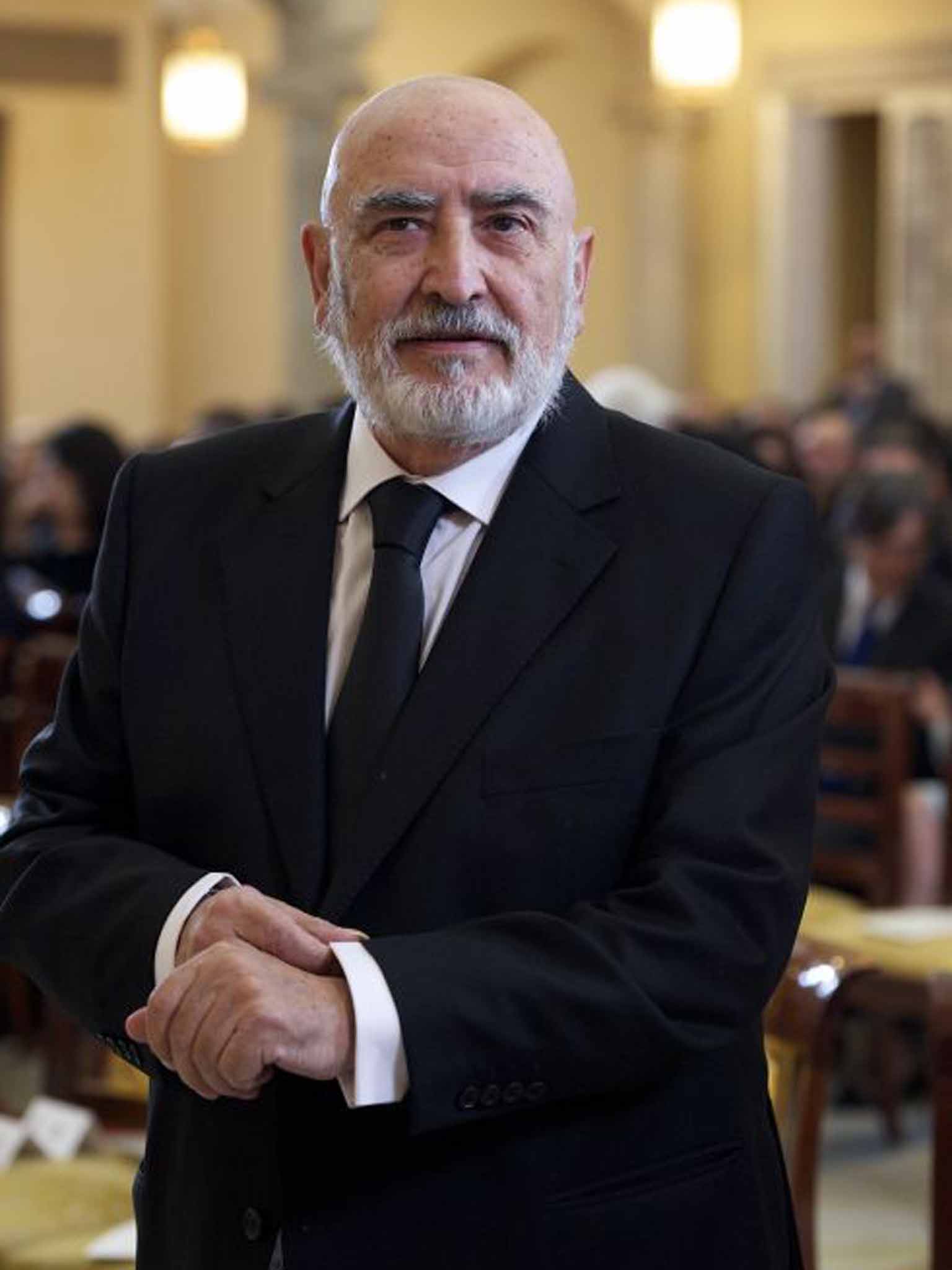Peret: Singer known as 'The King of the Catalan rumba' who worked with Manu Chao, Tom Jones and David Byrne

The singer and guitarist Peret was known as the King of the Catalan rumba, the fusion of flamenco with South American rhythms that became a favourite of Barcelona high society at the end of the 1950s and was rediscovered by the jet set when the Gipsy Kings revived the genre in the '80s. An instrumentalist comparable to fellow gypsies Django Reinhardt, José Reyes and Manitas de Plata, he was credited with pioneering the rhythmic strumming combined with the guitar body slamming that are the trademarks of the Catalan rumba.
"Mexicans were doing the same thing with the ranchera a century ago," he pointed out. "To play Catalan rumba, you need a solid guitar, since you're going to bang on it, and to be dressed to the nines." He looked the part when he appeared with Tom Jones on his television show or represented Spain at the Eurovision Song Contest with his own composition "Canta Y Sé Feliz" – "Sing And Be Happy" – in 1974, the year ABBA triumphed at the Brighton Dome while he finished ninth.
Born Pedro Pubill Calaf in Mataro, Catalonia, in 1935, he was known as Peret. He grew up in Barcelona and began performing with his cousin under the name Los Hermanos Montenegro in 1947, the year he made his recording debut. He worked alongside his father as a textile salesman before concentrating on music. In 1962 he teamed up with the Francisco Rovira Beleta as advisor on Los Tarantos, a flamenco-flavoured retelling of the Romeo and Juliet story set in Barcelona that bore a resemblance to West Side Story. Nominated Best Foreign Language Film at the Academy Awards in 1964, Los Tarantos also featured Peret, who signed to EMI-Regal, the local arm of the British company, and became a mainstay of TV and radio.
In 1971 he scored his biggest domestic hit with the jolly "Borriquito" but went out of favour when democracy was restored in Spain."People turned away from anything that reminded them of the dictatorship," he said in 2010.
A religious man, he devoted most of the 1980s to preaching before returning to music. In 1992 he performed a specially written song "Gitana Hechicera" – "Gipsy Sorceress" – at the Barcelona Olympics closing ceremony. Name-checked by Manu Chao and David Byrne, one of many guests on his 2001 album Rey De La Rumba – he stressed that "rumba is not just fun, festive, party music. It can also tackle difficult subjects and attract censorship." Indeed, when he tackled religion on the Jesús De Nazareth album in 1996 and prostitution on Que Levante El Dedo – "Raise Your Finger" – in 2007, Spanish radio gave the releases a wide berth. Peret campaigned against smoking but died of lung cancer.
Pedro Pubill Calaf (Peret), singer, songwriter and guitarist: born Mataro, Spain 24 March 1935; married (one daughter, one son); died Barcelona 27 August 2014.
Join our commenting forum
Join thought-provoking conversations, follow other Independent readers and see their replies
Comments